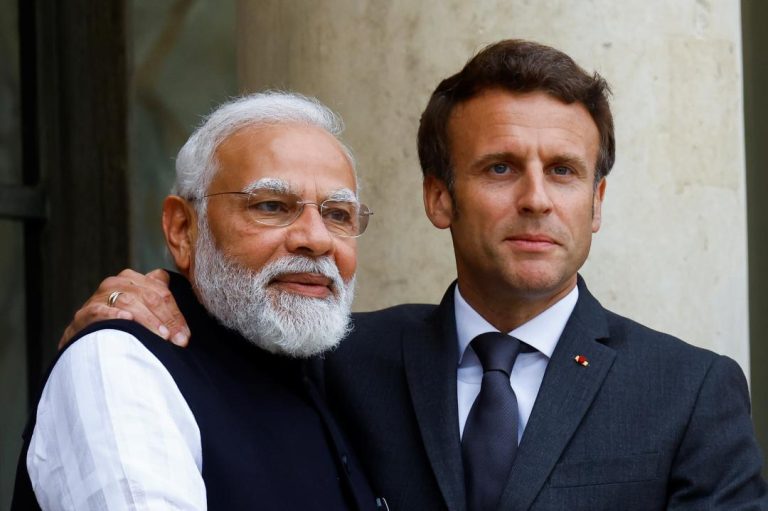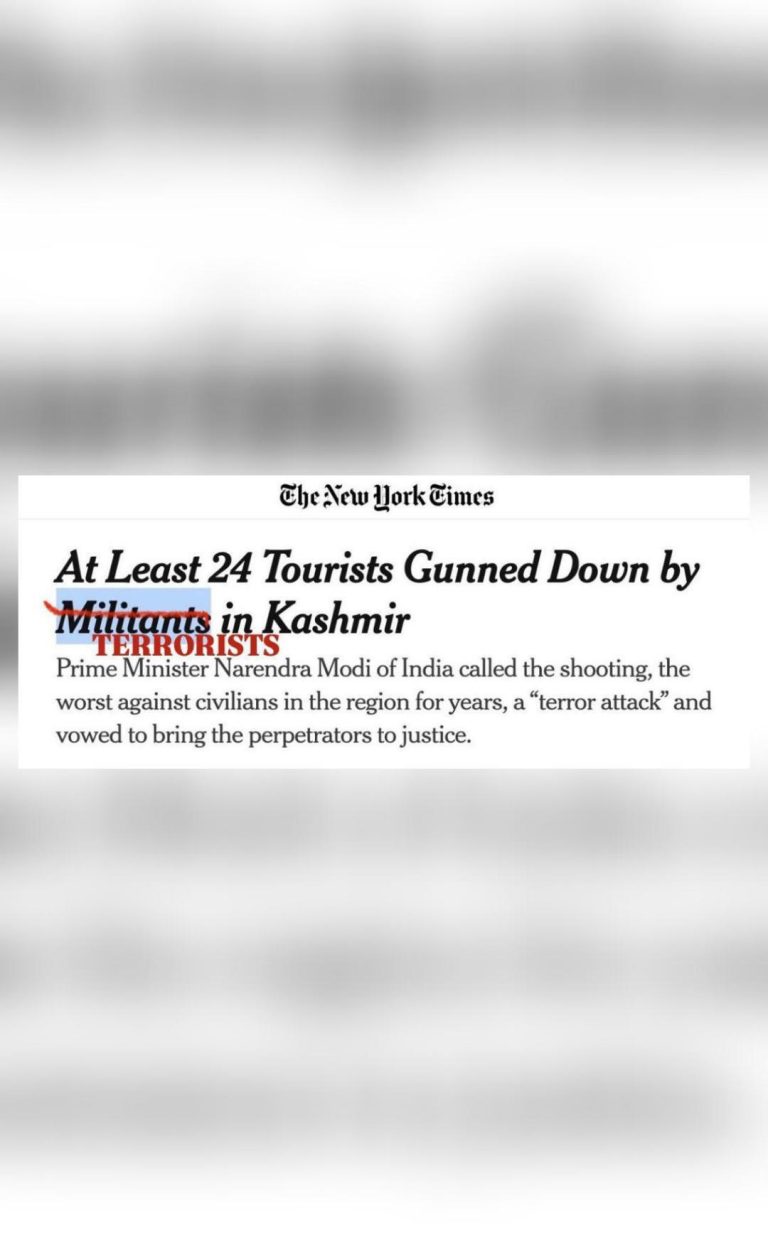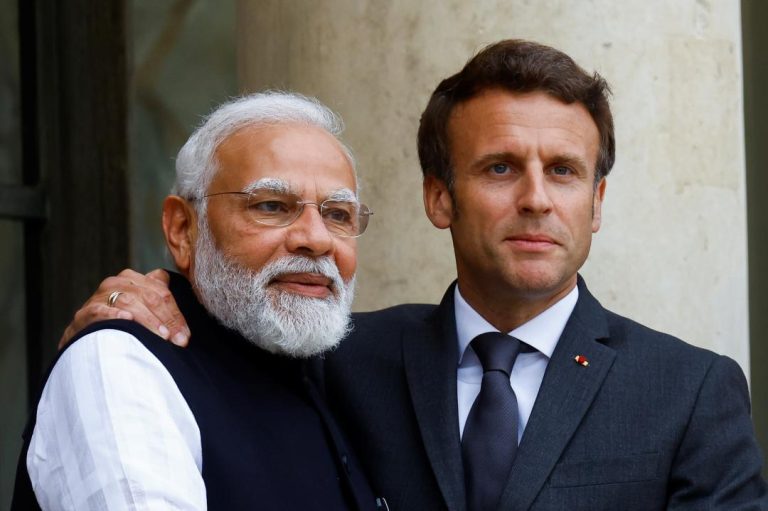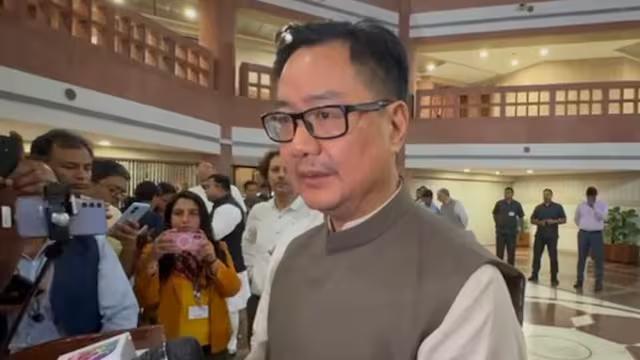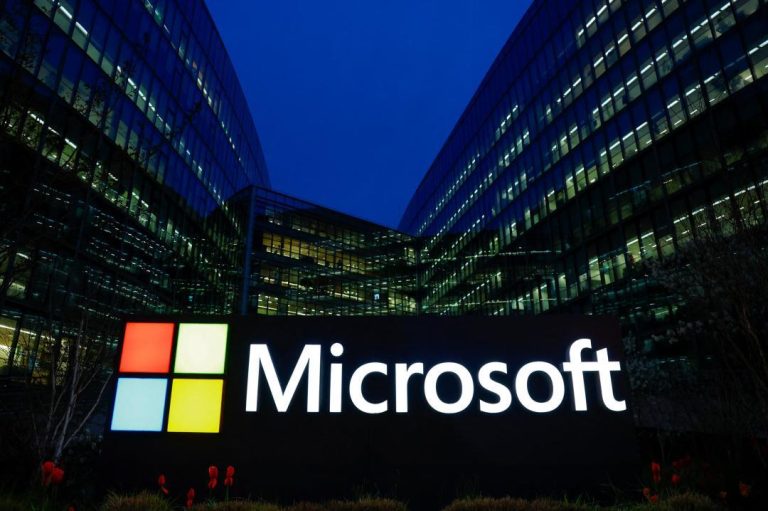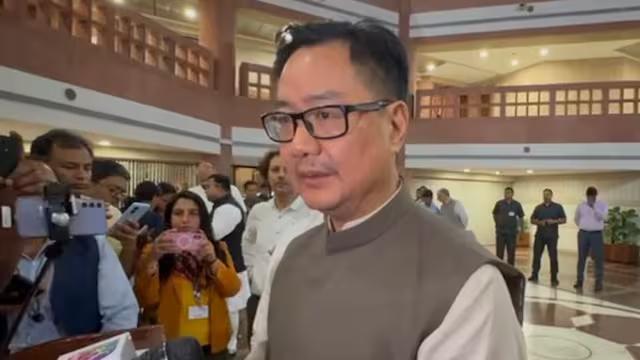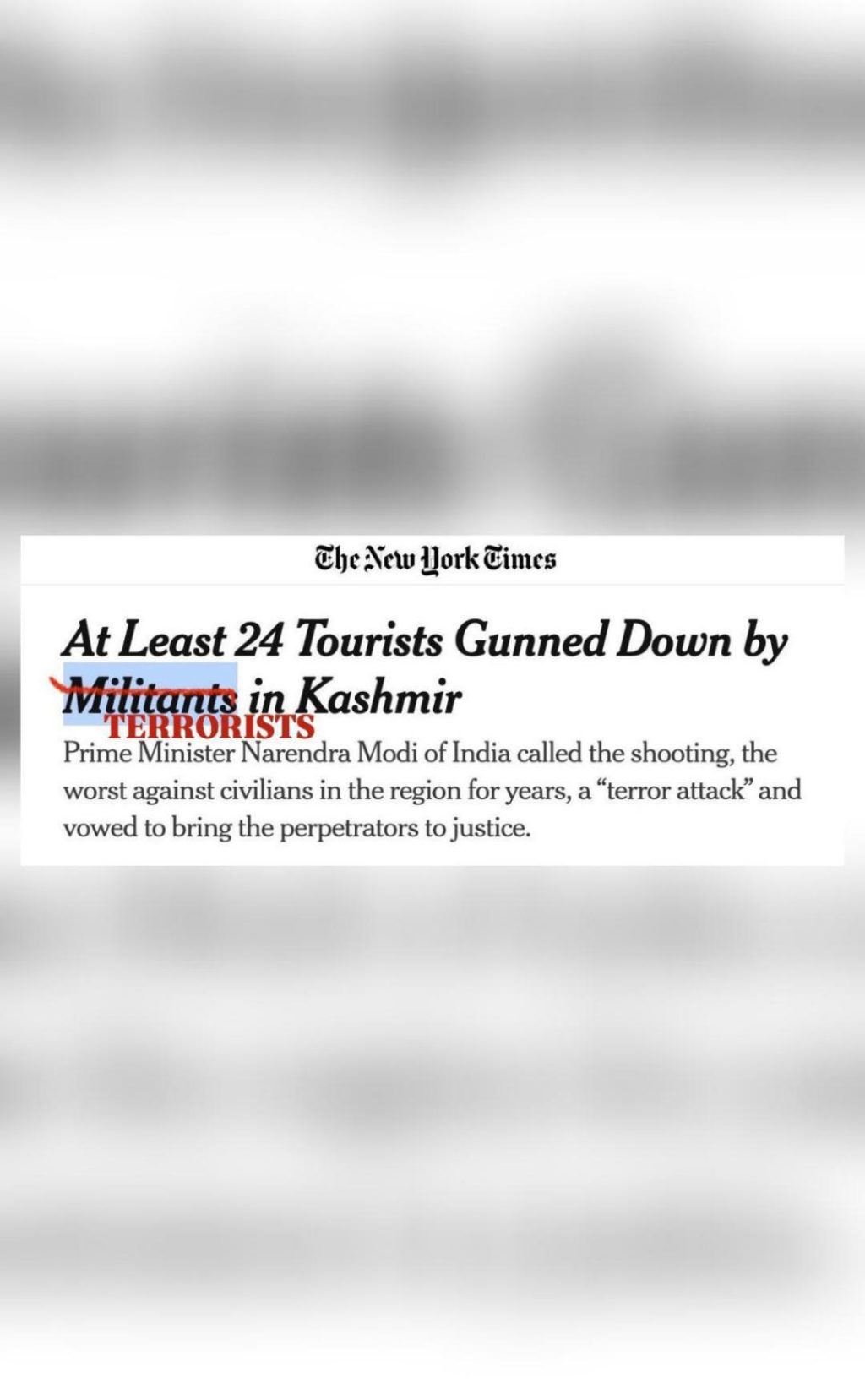
Hey NYT, fixed it for you: US committee after news portal calls J&K terrorists ‘militants’
In a recent incident that has garnered significant attention, the US House Committee on Foreign Affairs called out the New York Times (NYT) for its terminology when reporting on a terrorist attack in Jammu and Kashmir (J&K). The committee took to social media to express its disappointment and frustration with the NYT’s choice of words, stating that the incident was, in fact, a terrorist attack, and not a “militant” one.
The incident in question took place in Pahalgam, J&K, where a group of terrorists attacked a bus carrying Hindu pilgrims. The attack resulted in the deaths of several people and left many more injured. In its reporting on the incident, the NYT referred to the terrorists as “militants”, which sparked outrage among many, including the US House Committee on Foreign Affairs.
The committee took to Twitter to express its discontent, sharing a screenshot of the NYT article with a caption that read, “Hey NYT, we fixed it for you…This was a TERRORIST ATTACK plain and simple…Whether it’s India or Israel, when it comes to TERRORISM, NYT is removed from reality.” The tweet was accompanied by a photo of the NYT article, with the words “TERRORIST ATTACK” scribbled across it in bold letters.
This is not the first time that the NYT has faced criticism for its terminology in reporting on terrorist attacks. In the past, the newspaper has been accused of using euphemisms to describe terrorist attacks, which can be seen as downplaying the severity of the incident or even legitimizing the actions of the terrorists.
The US House Committee on Foreign Affairs’ criticism of the NYT’s terminology is not without merit. The use of the term “militant” to describe terrorists can be seen as a form of euphemism, which can lead to a lack of clarity and understanding about the nature of the attack. It can also be seen as a way to avoid using the term “terrorist”, which can be a sensitive topic due to its association with political and ideological differences.
Furthermore, the use of the term “militant” can be seen as a way to create a sense of ambiguity around the motivations and actions of the terrorists. This can be problematic, as it can lead to a lack of clarity about the nature of the attack and the motivations of the terrorists. It can also be seen as a way to avoid taking a clear stance on the issue, which can be seen as a form of moral ambiguity.
In contrast, the use of the term “terrorist” is a clear and straightforward way to describe the perpetrators of the attack. It is a term that is widely recognized and accepted, and it is often used by governments and international organizations to describe acts of violence that are intended to intimidate or coerce civilians.
The US House Committee on Foreign Affairs’ criticism of the NYT’s terminology is not only about the use of the term “militant” versus “terrorist”. It is also about the newspaper’s lack of understanding of the political and ideological context of the attack. The committee’s tweet suggests that the NYT is “removed from reality” when it comes to reporting on terrorism, implying that the newspaper is out of touch with the reality of the situation on the ground.
This is a valid criticism, as the NYT has been accused of having a liberal bias in its reporting, which can lead to a lack of understanding of conservative or right-wing perspectives. This can be problematic, as it can lead to a lack of balance and diversity in the newspaper’s reporting, which can be seen as a form of censorship.
In conclusion, the US House Committee on Foreign Affairs’ criticism of the NYT’s terminology is a valid one. The use of the term “militant” to describe terrorists can be seen as a form of euphemism, which can lead to a lack of clarity and understanding about the nature of the attack. It can also be seen as a way to create a sense of ambiguity around the motivations and actions of the terrorists, which can be problematic.
The committee’s criticism is not only about the use of the term “militant” versus “terrorist”. It is also about the newspaper’s lack of understanding of the political and ideological context of the attack, which can lead to a lack of balance and diversity in the newspaper’s reporting.
Ultimately, the use of accurate and clear language is crucial in reporting on terrorist attacks. It is essential to avoid using euphemisms and to use terms that are widely recognized and accepted. This can help to create a clear and accurate understanding of the nature of the attack and the motivations of the terrorists, which is essential for effective reporting and communication.
Source: https://x.com/HouseForeignGOP/status/1914843415793095043
